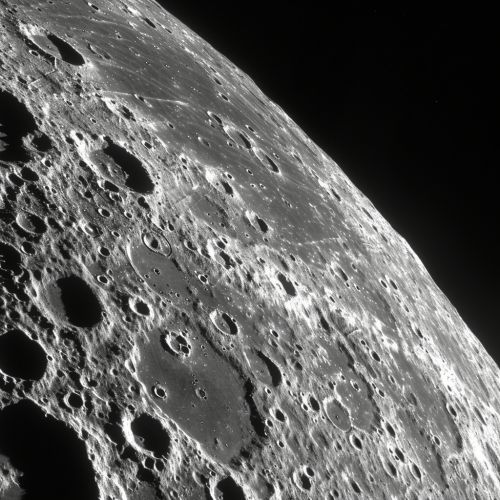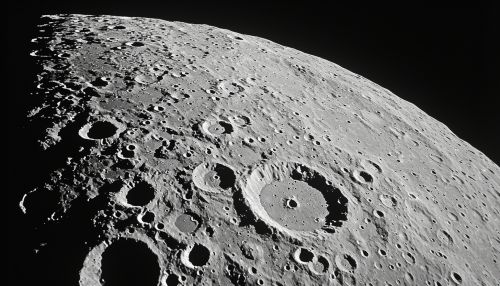Natural Satellite
Definition and Overview
A natural satellite, also known as a moon, is an astronomical body that orbits a planet or minor planet. In the Solar System, there are six planets that have moons, with Earth's Moon being the most well-known. Natural satellites can vary greatly in size, from small asteroid-like bodies to larger bodies that are more similar to planets. They are important objects of study in the field of planetary science, as they can provide valuable information about the history and composition of the planets they orbit.
Formation
Natural satellites can form through several different processes. One of the most common is through the process of accretion, where dust and gas in a protoplanetary disk gradually come together to form a larger body. This is believed to be the process that formed most of the moons in the Solar System, including Earth's Moon. Another method of formation is through capture, where a passing body is caught by a planet's gravity and becomes a moon. This is thought to be how Neptune's moon Triton was formed.


Physical Characteristics
Natural satellites can have a wide range of physical characteristics, depending on their size, composition, and the conditions of their formation. Many moons, such as Earth's Moon and Jupiter's moon Io, are rocky bodies with surfaces covered in craters. Others, like Saturn's moon Titan, have thick atmospheres and even bodies of liquid on their surfaces. The moons of the outer planets, such as Neptune's moon Triton, are often composed largely of ice.
Orbital Characteristics
The orbital characteristics of a natural satellite can tell us a lot about its history and its relationship with the planet it orbits. For example, a moon that orbits in the same direction as its planet's rotation (a prograde orbit) is likely to have formed from the same material as the planet, while a moon with a retrograde orbit is likely to have been captured. The distance of a moon from its planet can also have a significant effect on its physical characteristics, as it determines the amount of tidal heating the moon experiences.
Importance of Natural Satellites
Natural satellites play a crucial role in our understanding of the Solar System. They provide valuable data on a wide range of topics, from the formation and evolution of planetary systems to the conditions necessary for life. In addition, moons can serve as useful testbeds for technologies and strategies intended for future planetary missions.
